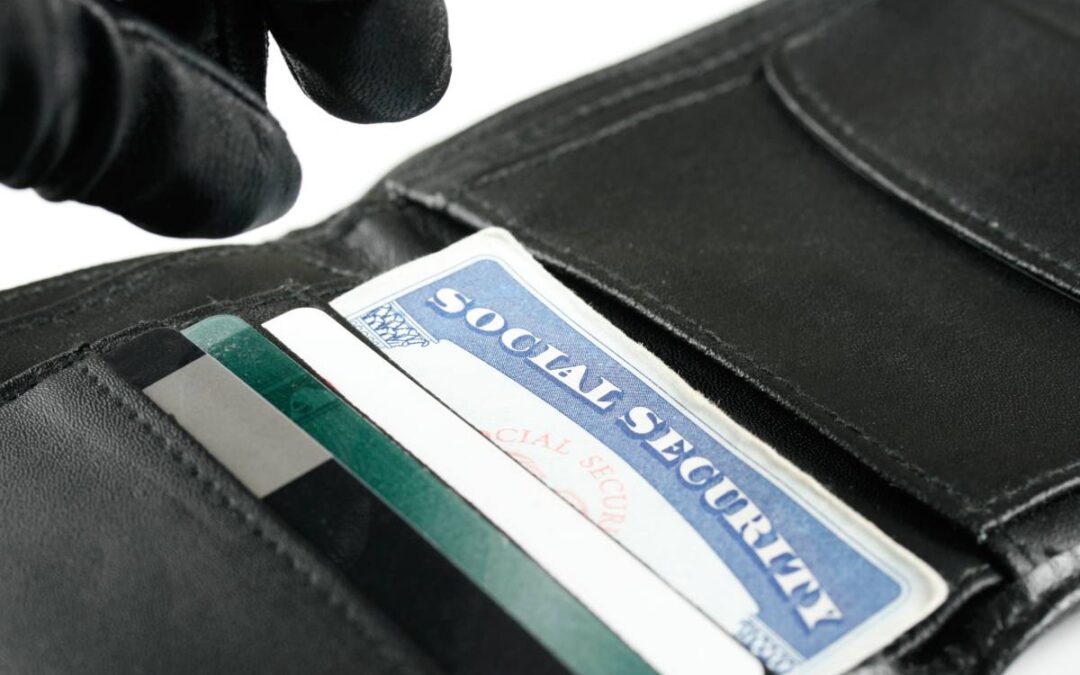The most common form of identity theft is when people use someone’s Social Security numbers and other personal identifiable information and then create bogus bank and credit card accounts in the victim’s name.
If you’re the victim of identity theft, you probably want to know how to report identity theft to credit bureaus. The reporting process can seem intimidating on top of the pain and financial hardship caused by identity theft. The good news is that reporting it is actually quite straightforward. Sure, it takes some time, but it’s important to act as quickly as possible to keep anyone else from trying to open accounts in your name.
If you’re the victim of identity theft, you probably want to know how to report identity theft to credit bureaus. The reporting process can seem intimidating on top of the pain and financial hardship caused by identity theft. The good news is that reporting it is actually quite straightforward. Sure, it takes some time, but it’s important to act as quickly as possible to keep anyone else from trying to open accounts in your name.
Do you have to report identity theft to credit bureaus?
No, you don’t have to report identity theft to credit bureaus if you don’t want to – but if you know that there’s been fraud involving your personal info, reporting that fraud to Equifax, Experian and TransUnion can limit further fraudulent activity.
You have two options: initiating a fraud alert or a credit freeze.
A fraud alert forces creditors to verify your identity before opening credit, while a credit freeze cuts off access to your credit score and credit reports until you.” In other words, with a credit freeze, it’s unlikely for new credit accounts to be opened by you or someone else in your name because the three major credit bureaus block access to your data which is needed for most credit accounts to be created – from car dealerships to credit card companies and everyone in between.
Is starting a credit freeze a big step? Yes. But if you’ve been a victim of identity theft, it’s a better, safer option than a fraud alert. FYI, a credit freeze doesn’t protect you from identity-related matters that don’t require a credit check. For example, someone may still be able to get medical care in your name or attempt to file a fraudulent tax return using your information.
The good news is that a credit freeze won’t affect your credit score and, like a fraud alert, it’s a free service.
Three steps to help report ID theft to credit bureaus
The process can usually be broken down into two easy steps plus one “bonus” step:
- Contact each of the three major credit bureaus to inform them of the fraud and give them your personal identifiable information – name, address, SSN, etc. You’ll also need to provide them with a valid photo I.D.
Equifax: 1-800-349-9660 or equifax.com
Equifax
P.O. Box 105139
Atlanta, GA 30348-5139
Experian: 1-888-397-3742 or experian.com
Experian
P.O. Box 2002
Allen, TX 75013
TransUnion: 1-800-680-7289 or transunion.com
TransUnion
P.O. Box 2000
Chester, PA 19016
- Initiate credit freeze paperwork with all three credit bureaus.
- Get professional identity theft protection with a world-class service like IDShield.
IDShield helps protect you against online thieves, helps you catch potential fraud early and offers best-in-class personal data monitoring, credit monitoring and privacy and reputation management. Customers can receive information on how to become better at recognizing the signs of identity theft and the benefits of credit monitoring. IDShield prides itself on its highly qualified team of professionals, including licensed private investigators, who won’t give up until your identity is restored. Our industry-leading Licensed Private Investigators will do whatever it takes as long as it takes to help recover and restore your identity to its pre-theft status. Sign up today for either a 1 or 3 credit bureau monitoring plan plus one-on-one consultation.
Don’t just report identity theft to the credit bureaus
In addition to reporting identity theft to the credit bureaus, you should also:
- Get in touch with each business where an account was fraudulently opened.
- Keep copies of all documents and make sure to keep records of your communications in writing.
- Fill out an FTC Identity Theft Report for the Federal Trade Commission.
- File a report with law enforcement.
- File a report with the Consumer Financial Protection Bureau.
We hope that this has been helpful. Stay safe out there!
IDShield is a product of Pre-Paid Legal Services, Inc. (“PPLSI”). PPLSI provides access to identity theft protection and restoration services. For complete terms, coverage, and conditions, please see an identity theft plan. All Licensed Private Investigators are licensed in the state of Oklahoma. This is meant to provide general information and is not intended to provide legal advice, render an opinion, or provide any specific recommendations.





